No. 23 applications are now live here.
Applications close Friday, September 6th @ 11:59 p.m. CST.
1/ This issue’s steering themes.
GUIDE TO NO. 23
No. 23 is a promise for more: more than the self, more than the mundane, more than the individual. Turning away from the hedonism and excess of RAW, No. 23 seeks to examine what it is that makes us human, embracing the self and the elements we’re made up of in their truest forms. It’s a journey of rebirth, of consciousness, and everything in between.
LITERARY INSPIRATIONS
MIDSOMMAR / THE PERKS OF BEING A WALLFLOWER / EVE BABITZ / FRANZ KAFKA / EXISTENTIALISM / SHIVA BABY / GABRIEL GARCÍA MÁRQUEZ / CONVERSATIONS WITH FRIENDS / CIEN AÑOS DE SOLEDAD / PARASITE / CHEWING GUM / CTRL BY SZA / THE SECOND SEX / SISTER OUTSIDER / BLACK SWANS BY EVE BABITZ / THINGS I KNOW TO BE TRUE BY ANDREW BOVELL / MAHMOUD DARWISH / FRANKENSTEIN BY MARY SHELLEY / TRIPTYCHS / DANCE (1) BY HENRI MATISSE / MOTHERLAND BY JULIA JACKLIN / BRAIDING SWEETGRASS BY ROBIN WALL KIMMERER / SLING BY CLAIRO / EITHER/0R BY ELLIOT SMITH / FETCH THE BOLT CUTTERS BY FIONA APPLE / SOIR BLEU BY EDWARD HOPPER / LOVERS AT NIGHT BY DORON LANGBERG / DON’T FORGET TO CALL YOUR MOTHER AT THE MET
MIDSOMMAR / THE PERKS OF BEING A WALLFLOWER / EVE BABITZ / FRANZ KAFKA / EXISTENTIALISM / SHIVA BABY / GABRIEL GARCÍA MÁRQUEZ / CONVERSATIONS WITH FRIENDS / CIEN AÑOS DE SOLEDAD / PARASITE / CHEWING GUM / CTRL BY SZA / THE SECOND SEX / SISTER OUTSIDER / BLACK SWANS BY EVE BABITZ / THINGS I KNOW TO BE TRUE BY ANDREW BOVELL / MAHMOUD DARWISH / FRANKENSTEIN BY MARY SHELLEY / TRIPTYCHS / DANCE (1) BY HENRI MATISSE / MOTHERLAND BY JULIA JACKLIN / BRAIDING SWEETGRASS BY ROBIN WALL KIMMERER / SLING BY CLAIRO / EITHER/0R BY ELLIOT SMITH / FETCH THE BOLT CUTTERS BY FIONA APPLE / SOIR BLEU BY EDWARD HOPPER / LOVERS AT NIGHT BY DORON LANGBERG / DON’T FORGET TO CALL YOUR MOTHER AT THE MET
VISUAL INSPIRATIONS
COLLECTIVISM / COMMUNITY / PROXIMITY / CULTURE / GOD / HUMAN / PERFORMANCE / SPECTACLE / ANTHROPOLOGY / FREAK / KING KONG MAGAZINE / DEATH PROOF / GIRLS AND CORPSES MAGAZINE / NADIA LEE COHEN / MOTOMAMI / REGGAETON / SAFETY TRANCE / ARABIC SCRIPTURE / MAHMOUD DARWISH / LAURA MULVEY / LIBERATION / AFRO-FUTURISM
COLLECTIVISM / COMMUNITY / PROXIMITY / CULTURE / GOD / HUMAN / PERFORMANCE / SPECTACLE / ANTHROPOLOGY / FREAK / KING KONG MAGAZINE / DEATH PROOF / GIRLS AND CORPSES MAGAZINE / NADIA LEE COHEN / MOTOMAMI / REGGAETON / SAFETY TRANCE / ARABIC SCRIPTURE / MAHMOUD DARWISH / LAURA MULVEY / LIBERATION / AFRO-FUTURISM






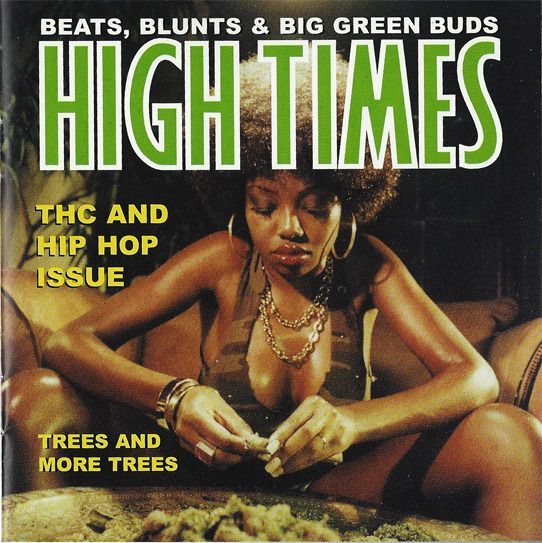

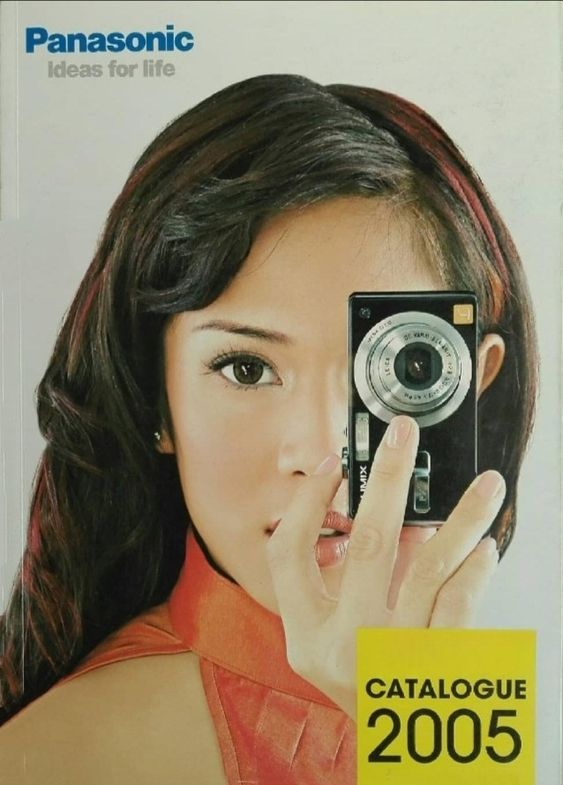




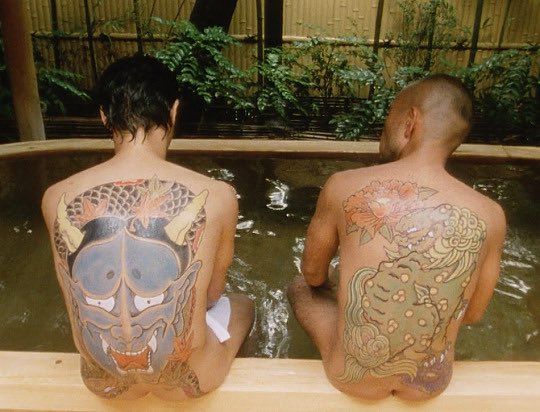



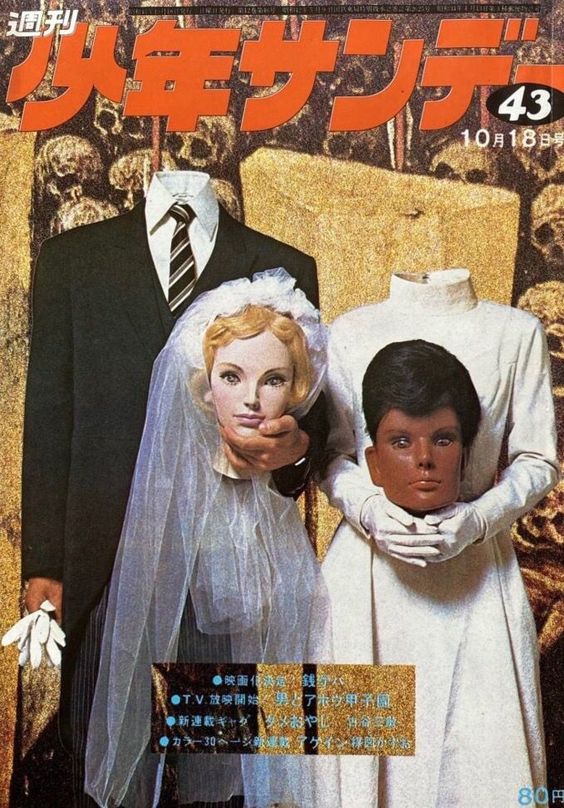


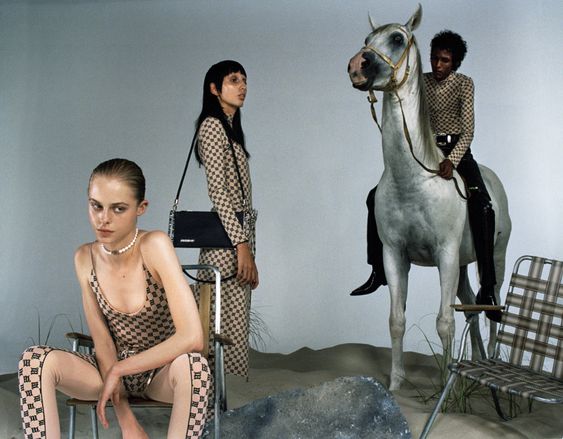


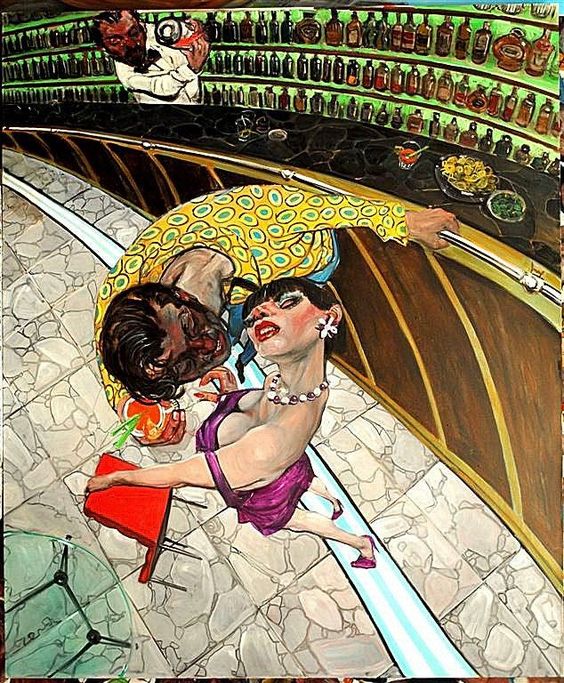




SAMPLE WRITING PITCHES
For Print writing applicants — try to not pitch stories too similar to these pitches. They are meant to serve as inspiration for your own pitches, both in terms of format and guiding themes.

Photo: Camp Collection
HAMARTIA
I keep on finding balled-up pieces of paper stuck to me.
I've been pulling greasy fortune cookie slips from the bottom of my purse from the night I wandered out of my hotel, alone, looking for meaning in a city I’ve never been to. I shuffle through coins – pesos, balboas, nickels, dimes – and can’t find my fucking phone. There’s one receipt, with the thermal ink all-but-rubbed-off, from a dinner for one at the underground pizzeria where I gave the waiter a name that was not mine, and he kept repeating it back to me every time we spoke, like he knew my lie and was testing me to see if I would break.
Lying – like writing – is a game of spades best played over tepid glasses of wine. We know the rules by heart, make silent work of shuffling, and keep our hands close to our chest. It starts with a deck of cards brought out at a dinner table, one barely large enough space to fit six girls around. It ends with me stringing the stories together the next morning over a full American breakfast and my favorite notebook.
HAMARTIA is a drunk walk home – and every one I’ve ever had sober. Told through fragments of stories that I’ve already written on the backs of napkins, used boarding passes, and crumpled Post-Its, it’s a lie, essentially. It’s a lie that only makes sense from the start, and it’s always started with a girl, and a broken heart, and plane tickets, and cowgirl boots made for walking.
By Senior Print Editor Andreana Joi Faucette
I keep on finding balled-up pieces of paper stuck to me.
I've been pulling greasy fortune cookie slips from the bottom of my purse from the night I wandered out of my hotel, alone, looking for meaning in a city I’ve never been to. I shuffle through coins – pesos, balboas, nickels, dimes – and can’t find my fucking phone. There’s one receipt, with the thermal ink all-but-rubbed-off, from a dinner for one at the underground pizzeria where I gave the waiter a name that was not mine, and he kept repeating it back to me every time we spoke, like he knew my lie and was testing me to see if I would break.
Lying – like writing – is a game of spades best played over tepid glasses of wine. We know the rules by heart, make silent work of shuffling, and keep our hands close to our chest. It starts with a deck of cards brought out at a dinner table, one barely large enough space to fit six girls around. It ends with me stringing the stories together the next morning over a full American breakfast and my favorite notebook.
HAMARTIA is a drunk walk home – and every one I’ve ever had sober. Told through fragments of stories that I’ve already written on the backs of napkins, used boarding passes, and crumpled Post-Its, it’s a lie, essentially. It’s a lie that only makes sense from the start, and it’s always started with a girl, and a broken heart, and plane tickets, and cowgirl boots made for walking.
By Senior Print Editor Andreana Joi Faucette

Photo: utracjuska on Pinterest
SOPHIA, MONTANA
It’s 1:43 a.m. in Austin and you’ve borrowed your girlfriend's new Miata. It’s red and you’re drunk, and you love her. But somehow — you’ve asked her for her keys and she handed them over — you’re not sure. She looked you in the eyes when you asked, falling over herself before you steady her. She had laughed, the way she would when she was drunk — full-bodied, her head tilted up with joy.
So you’re going 80 mph through West Campus and you couldn’t imagine a cop pulling you over or someone twisting into your lane at just the wrong time. Drake is on — You Broke My Heart — and the top is down. It feels like a caress, all of it, from the bass thumping in your seat to the stop sign waiting ten feet in front of you.
You blow past it. There was no stopping if you had tried. Because as much as you love her you don’t know how to be in love. You always think you can drive when you’re drunk and you can’t — you should know that by now.
In the end, life doesn’t take you to Austin or New York City as you’d wished. It takes you to a little town called Sophia, Montana, and you’re sober when you total the car.
SOPHIA, MONTANA will trace the intricacies of one man’s relationship with himself, reality, and a higher power. How can you position yourself in a world where your will feels frail and your desires implacable? What can you do — other than just drive?
By Associate Print Editor Anjali Krishna
It’s 1:43 a.m. in Austin and you’ve borrowed your girlfriend's new Miata. It’s red and you’re drunk, and you love her. But somehow — you’ve asked her for her keys and she handed them over — you’re not sure. She looked you in the eyes when you asked, falling over herself before you steady her. She had laughed, the way she would when she was drunk — full-bodied, her head tilted up with joy.
So you’re going 80 mph through West Campus and you couldn’t imagine a cop pulling you over or someone twisting into your lane at just the wrong time. Drake is on — You Broke My Heart — and the top is down. It feels like a caress, all of it, from the bass thumping in your seat to the stop sign waiting ten feet in front of you.
You blow past it. There was no stopping if you had tried. Because as much as you love her you don’t know how to be in love. You always think you can drive when you’re drunk and you can’t — you should know that by now.
In the end, life doesn’t take you to Austin or New York City as you’d wished. It takes you to a little town called Sophia, Montana, and you’re sober when you total the car.
SOPHIA, MONTANA will trace the intricacies of one man’s relationship with himself, reality, and a higher power. How can you position yourself in a world where your will feels frail and your desires implacable? What can you do — other than just drive?
By Associate Print Editor Anjali Krishna
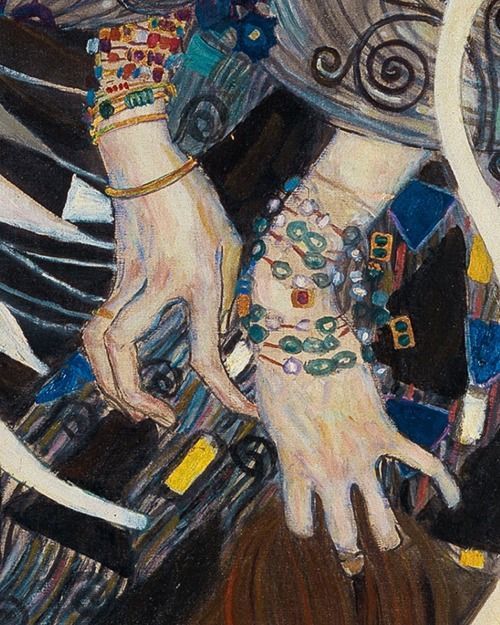
Photo: miyah on Pinterest
Puedes Quedarte
There are things which are known but unspoken living alone with an older woman with whom you do not share a language.
Such as: when she first straightens your hair and trims your bangs, you both enjoy the process because she is proud of her work and enjoys when people compliment it, and you do, too. Then, when you repeat this process frequently in the last weeks before leaving, the meaning is elsewhere.
It's in her hands when she taps you to spin on the toilet seat cover to face the mirror as she combs through your hair with her fingers. It’s in your humming of Gracias a la Vida as she runs the iron over the last pieces of hair; it’s in her rapid explanation of lyrics from which you craft a hazy outline. It’s when you come home and take out your earbuds to find she is playing the same song in her cd player while she hangs clothes from the clothes line.
Puedes Quedarte follows meanings understood before fluently learning a language. The piece will review words for concepts that exist in Spanish that do not also exist in English, which will serve as breaks between accumulated moments which show the growing relationship between my host mom and I.
By Associate Print Editor Paige Hoffer
There are things which are known but unspoken living alone with an older woman with whom you do not share a language.
Such as: when she first straightens your hair and trims your bangs, you both enjoy the process because she is proud of her work and enjoys when people compliment it, and you do, too. Then, when you repeat this process frequently in the last weeks before leaving, the meaning is elsewhere.
It's in her hands when she taps you to spin on the toilet seat cover to face the mirror as she combs through your hair with her fingers. It’s in your humming of Gracias a la Vida as she runs the iron over the last pieces of hair; it’s in her rapid explanation of lyrics from which you craft a hazy outline. It’s when you come home and take out your earbuds to find she is playing the same song in her cd player while she hangs clothes from the clothes line.
Puedes Quedarte follows meanings understood before fluently learning a language. The piece will review words for concepts that exist in Spanish that do not also exist in English, which will serve as breaks between accumulated moments which show the growing relationship between my host mom and I.
By Associate Print Editor Paige Hoffer
 Photo: HBO
Photo: HBO Small Talk. (on the value of)
With the big-city boom came the slow demise of small communities — places where you know every name and care what happens to every person. Now, you look away at a stoplight when somebody begs for money, uncomfortable, embarrassed on their behalf that they would make themselves vulnerable or beholden to a stranger like that. And God forbid you look your barista in the eye while you order. Don’t make them do that emotional labor! They don’t want to hear about your day when they ask how you are!
We are governed by new rules that arose from the necessity of big-city life, but stifle our inherent social impulses. Small Talk tackles and challenges the breakdown of our appreciation for one another’s compassion and celebrates little moments of connection.
By Associate Print Editor Ella Rous
With the big-city boom came the slow demise of small communities — places where you know every name and care what happens to every person. Now, you look away at a stoplight when somebody begs for money, uncomfortable, embarrassed on their behalf that they would make themselves vulnerable or beholden to a stranger like that. And God forbid you look your barista in the eye while you order. Don’t make them do that emotional labor! They don’t want to hear about your day when they ask how you are!
We are governed by new rules that arose from the necessity of big-city life, but stifle our inherent social impulses. Small Talk tackles and challenges the breakdown of our appreciation for one another’s compassion and celebrates little moments of connection.
By Associate Print Editor Ella Rous

Photo: Grace on Pinterest
Amorphous
Amorphous seeks to uncover if the quest to self-discovery is ultimately fruitless when humans are specially adapted to connecting with the nebulous. It will explore why it sometimes feels like we can dig deep into ourselves only to feel like we’re breaking things apart rather than putting them together.
Being amorphous is an easy excuse to evade growth. No one can connect to me because there is nothing to connect to; no one can dislike me because there is no one to dislike.
It’s much easier to tell myself that I don’t have any definable identity that people can accurately piece together, that the way I choose to present myself and think is entirely fluid. Therefore, people’s opinions do not matter because they are always subject to change. This is entirely removed from the reality that I’ve known who I was since the sixth grade (when I discovered that I was queer and deeply obsessive), and that people have little to no trouble discerning as much about me.
By Assistant Print Editor Danielle Yampuler
Amorphous seeks to uncover if the quest to self-discovery is ultimately fruitless when humans are specially adapted to connecting with the nebulous. It will explore why it sometimes feels like we can dig deep into ourselves only to feel like we’re breaking things apart rather than putting them together.
Being amorphous is an easy excuse to evade growth. No one can connect to me because there is nothing to connect to; no one can dislike me because there is no one to dislike.
It’s much easier to tell myself that I don’t have any definable identity that people can accurately piece together, that the way I choose to present myself and think is entirely fluid. Therefore, people’s opinions do not matter because they are always subject to change. This is entirely removed from the reality that I’ve known who I was since the sixth grade (when I discovered that I was queer and deeply obsessive), and that people have little to no trouble discerning as much about me.
By Assistant Print Editor Danielle Yampuler
QUESTIONS ABOUT THE THEME?
Keep an eye on our social media for posts about in-person tabling and info sessions during the week of August 26th. You can also contact us at the following emails:
For creative application questions, contact directors at
creative@sparkmagazinetx.com
For writing application questions, contact editors at
editorial@sparkmagazinetx.com
For design application questions, contact directors at
design@sparkmagazinetx.com
creative@sparkmagazinetx.com
For writing application questions, contact editors at
editorial@sparkmagazinetx.com
For design application questions, contact directors at
design@sparkmagazinetx.com
For business application questions, contact directors at
business@sparkmagazinetx.com
For general inquiries, contact Divya Konkimalla at
managing@sparkmagazinetx.com
To reach the Editor In Chief, contact Vi Cao at
editor@sparkmagazinetx.com
business@sparkmagazinetx.com
For general inquiries, contact Divya Konkimalla at
managing@sparkmagazinetx.com
To reach the Editor In Chief, contact Vi Cao at
editor@sparkmagazinetx.com
BECOMING A PART OF NO. 23 STAFF
How to Apply:
1/ Complete the application here. You may only apply to three departments and if accepted, can hold a maximum of two positions.
2/ Before you submit, ensure that all Google files have been set to “Anyone with the link can view.” Due to the volume of applications we receive, any application we cannot fully access is automatically disqualified.
3/ Applications close Friday, September 6th @ 11:59 p.m. CST. No late submissions will be considered. If offered a position, keep an eye out on your email inbox for an acceptance letter and immediate next steps by Monday, September 9th.
1/ Complete the application here. You may only apply to three departments and if accepted, can hold a maximum of two positions.
2/ Before you submit, ensure that all Google files have been set to “Anyone with the link can view.” Due to the volume of applications we receive, any application we cannot fully access is automatically disqualified.
3/ Applications close Friday, September 6th @ 11:59 p.m. CST. No late submissions will be considered. If offered a position, keep an eye out on your email inbox for an acceptance letter and immediate next steps by Monday, September 9th.
Terms of Eligibility:
1/ You must be a registered undergraduate or graduate student at The University of Texas at Austin.
2/ You do not need prior editorial experience, but may be asked to produce a portfolio depending on the department-specific application.
3/ Upon acceptance, you must consent to signing a Work Release Form and Liability Release Form. This is so you can work on photoshoots and we can publish your work in print and online!
4/ You must be 18+ years old at the time of application submission.
5/ You must agree to uphold SPARK’s zero-tolerance policy and understand that failure to comply with our standards will result in immediate dismissal from staff.
1/ You must be a registered undergraduate or graduate student at The University of Texas at Austin.
2/ You do not need prior editorial experience, but may be asked to produce a portfolio depending on the department-specific application.
3/ Upon acceptance, you must consent to signing a Work Release Form and Liability Release Form. This is so you can work on photoshoots and we can publish your work in print and online!
4/ You must be 18+ years old at the time of application submission.
5/ You must agree to uphold SPARK’s zero-tolerance policy and understand that failure to comply with our standards will result in immediate dismissal from staff.
To offer a broad range of opportunities, SPARK is divided into four branches — EDITORIAL, CREATIVE, DESIGN, and BUSINESS — that all together house 13 departments. You can apply to any three of them and hold a maximum of two positions.
EDITORIAL
Departments: Print, Web.
Writers concept, pitch, and draft stories for our website, biannual print issues, and sometimes serve as ad hoc copywriters throughout the semester.
Departments: Print, Web.
Writers concept, pitch, and draft stories for our website, biannual print issues, and sometimes serve as ad hoc copywriters throughout the semester.
CREATIVE
Departments: Modeling, Photography, Styling, Set Styling, Videography, Hair & Makeup.
As members of SPARK’s largest branch, creatives work on- and off-set to produce editorial-level visual assets published on the website and in biannual print issues.
Departments: Modeling, Photography, Styling, Set Styling, Videography, Hair & Makeup.
As members of SPARK’s largest branch, creatives work on- and off-set to produce editorial-level visual assets published on the website and in biannual print issues.
DESIGN
Departments: Layout, Graphic Design.
Designers are in charge of magazine layouts, digital art, front-end web development, and producing other mixed-media assets for print and online publication.
Departments: Layout, Graphic Design.
Designers are in charge of magazine layouts, digital art, front-end web development, and producing other mixed-media assets for print and online publication.
BUSINESS
Departments: Social Media, Marketing, Events.
Business branch members plan and host events, manage our newsletter, create and organize SPARK merchandise, work with big fashion/makeup brands, and keep our social media up-to-date.
Departments: Social Media, Marketing, Events.
Business branch members plan and host events, manage our newsletter, create and organize SPARK merchandise, work with big fashion/makeup brands, and keep our social media up-to-date.
ZERO-TOLERANCE POLICY
SPARK does not and will never tolerate discrimination on the basis of race, color, gender, class, national origin, religion, age, or disability. As a non-UT affiliated organization, SPARK’s Executive Board reserves the right to permanently dismiss any leadership or staff member whom it feels has failed to uphold SPARK’s standards of fairness, equity, and inclusion. We are under no obligation to facilitate an accused member’s defense or obtain permission from the university.
For more information about applying to SPARK, refer to our FAQ or contact us.
© 2025 SPARK. All Rights Reserved.
